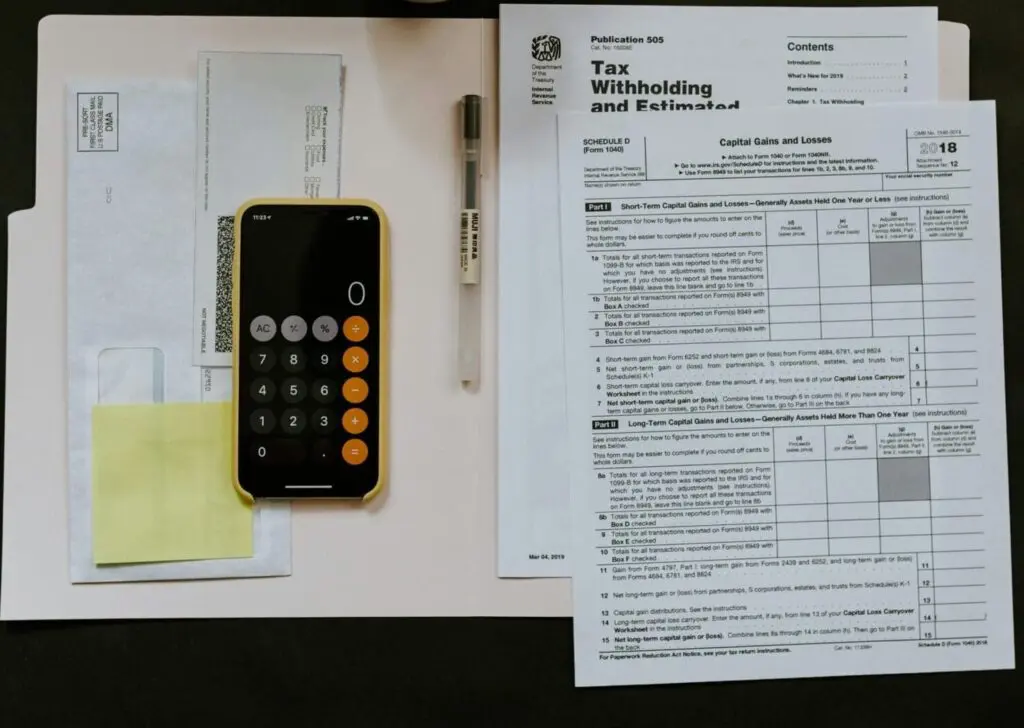From Conflicts of Law Net I got this interesting case discussing the jurisdiction applicable to a domain name dispute. What are the potential tax consequences of this case?
If a domain name jurisdiction is that of its registration, may we infer that a tax presence could be deemed too? The legal reasoning of this case pave the road for this concluding statement.
In Tucows.Com Co. v. Lojas Renner S.A., 2011 ONCA 548 (available here) the Court of Appeal for Ontario considered whether to take jurisdiction in a dispute over the ownership of an internet domain name.
Tucows is a Nova Scotia corporation with its principal office in Ontario. Renner is a Brazilian corporation operating a series of retail department stores. Tucows bought 30,000 domain names from another corporation, and one of the names was renner.com. Tucows is the registrant of that domain name with the internationally-recognized non-profit organization, the Internet Corporation for Assigned Names and Numbers (ICANN). Renner complained to WIPO and in response Tucows sued in Ontario, seeking a declaration that it was the owner of the domain name. Renner objected to Ontario’s jurisdiction over the dispute.
The core issue was whether this dispute concerned “personal property in Ontario”. An earlier decision of the Ontario Superior Court, Easthaven Ltd. v. Nutrisystem.com Inc. (2001), 55 O.R. (3d) 334 (S.C.J.), had concluded that because a domain name lacks a physical existence it was not “property in Ontario” and the mere fact the domain name was registered through a corporation that happened to carry on business in Ontario (the domain name Registrar) did not give it a physical presence here.
The court reviewed several scholarly articles on the issue from around the world and also considered jurisprudence from several other countries, including the United States, the United Kingdom and Australia. It concluded that the emerging consensus appears to be that domain names are a form of property. After a further analysis of the nature of personal property, the court concluded that a domain name is personal property. Further, the connecting factors favouring location of the domain name in Ontario were held to be the location of the registrant of the domain name and the location of the registrar and the servers as intermediaries. On this basis the court found the domain name in issue to be personal property in Ontario, and thus took jurisdiction under the approach in Van Breda (discussed in an earlier post).
The case discusses several other issues, including (i) the relationship between the dispute settlement mechanism provided by WIPO and civil litigation and (ii) the propriety of a claim to obtain a declaration as a remedy.







